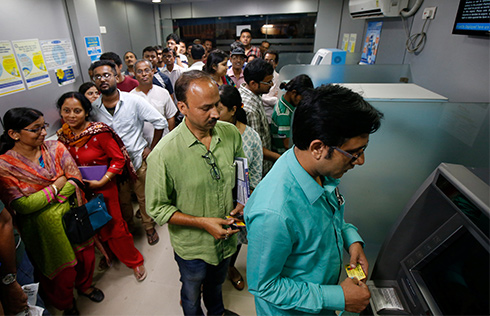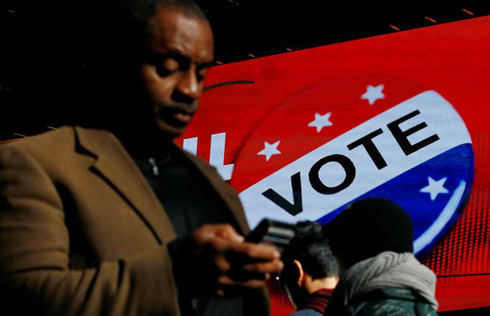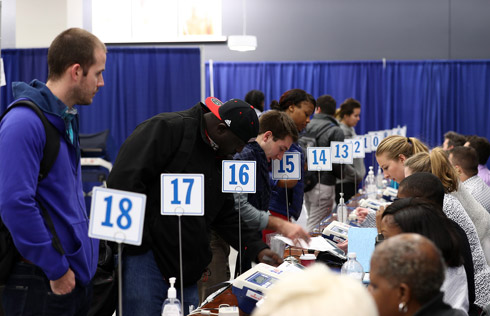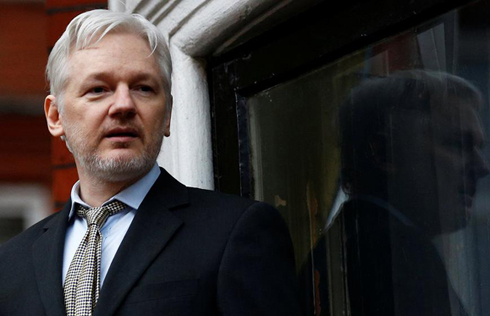UK 'will stick to planned EU departure plan'
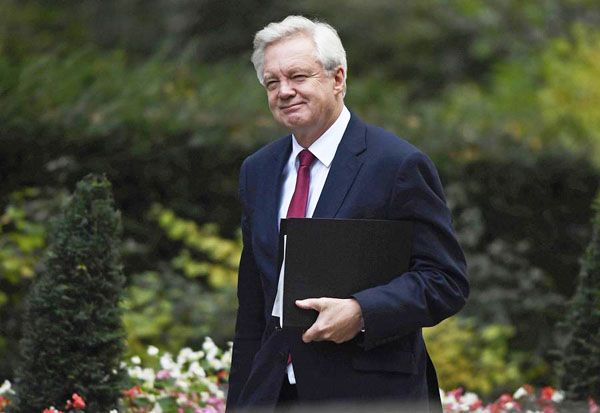 |
|
David Davis, Secretary of State for Exiting the European Union arrives at Downing Street in London, Britain October 24, 2016. [Photo/Agencies] |
The UK government said on Monday it would stick to a March deadline to trigger Britain's departure from the European Union despite the setback of a High Court ruling that said Parliament must have a say on the issue.
David Davis, minister for exiting the EU, confirmed the government would appeal the ruling in the Supreme Court in early December but told the House of Commons there would be no second referendum and "no going back".
The government is contesting the High Court's view that it cannot trigger Article 50 of the EU's Lisbon Treaty by using the so-called royal prerogative.
The ruling reignited new controversy over the Brexit vote in the June referendum after pro-leave newspapers attacked the three judges for their decision as well as the private individuals who brought the case. The Daily Mail dubbed the judges "Enemies of the People" along with front-page pictures of them.
Davis said on Monday that the government valued both "the independence of the judiciary" and the "freedom of the press".
He said he was prepared to work constructively with other parties over the Brexit issue.
Davis said he expected the Supreme Court to swiftly deliver its decision on the appeal, although he was challenged by Keir Starmer, his Labour party opposite number, to say what his plans were if the appeal went against the government.
The government would be as open as possible about negotiations, Davis said. However, he said the involvement of Parliament meant handing over negotiations with the EU to its 650 MPs plus the House of Lords. That would weaken Britain's hand.
"Nobody begins by revealing his entire strategy," Davis said, reiterating the government's insistence that it will not give a running commentary on talks with EU in order not to reveal its negotiating hand.
He said there were plenty of MPs attempting to "thwart and reverse" the result of the June referendum, which resulted in a 52-48 percent vote to leave the EU.
Starmer agreed that "no one expects Government to reveal the details of its negotiating hand, but there are big headline issues." He said decisions on Brexit could not be taken in a vacuum.
Nigel Farage, leader of the right-wing UKIP party, that campaigned for Brexit, said he was planning to lead a 100,000-strong march to the Supreme Court to coincide with the start of the government's appeal against what he sees as an attempt to delay or reverse Brexit.
To contact the reporter: harvey.morris@gmail.com





